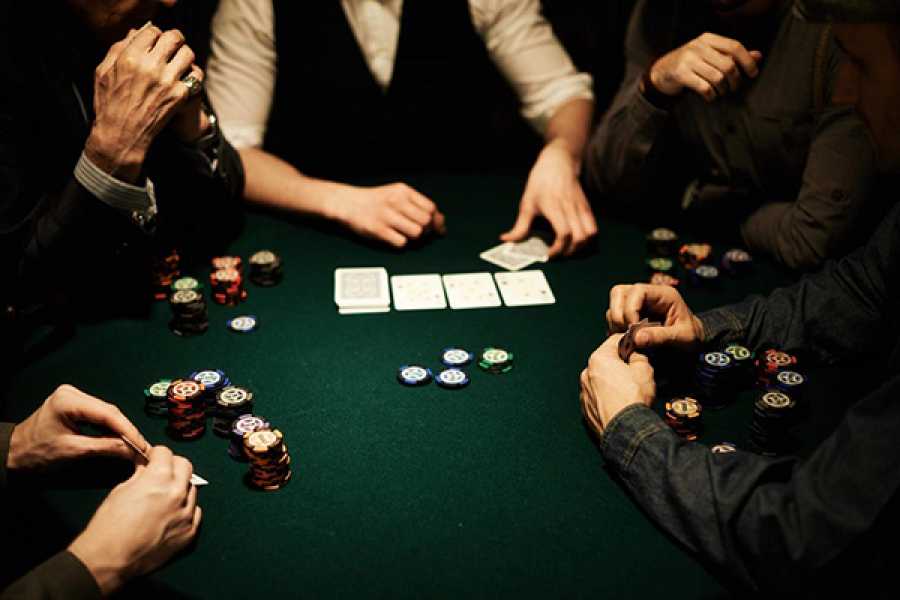That’s why your bluffs keep getting caught

There’s an old poker axiom that says that if you’re never caught bluffing, then you’re just not bluffing enough. The consequence of this may be that if you are constantly caught trying to bluff, then you are doing it too often. No matter how you look at it, there’s no getting away from the fact that every time you bluff, you risk being called and being exposed in poker.
Being Caught Bluffing is a Critical Situation
For many players, this is a big part of what makes bluffing so exciting – the excitement of taking risks to take the pot without the best cards. Of course, whenever you get caught bluffing, it’s not very fun. Some players actually get embarrassed when their attempts fail.
Let’s say you’re bluffing another player and he outplays you. A kind of fight-or-flight reaction occurs and you are faced with a decision. Are you just folding and letting him take the pot (essentially admitting you were bluffing) or are you trying to re-bluff by raising again? The short answer to this question is that if you’re not very good and don’t know your opponent, it’s usually better to fold and wait for a better moment to try and get your money back.
Also, if you get caught trying to bluff another player, then it’s probably time to switch and toughen up your game a bit. In general, this will significantly weaken your image at the table. Even against beginners – they may not notice much in the game, but they will remember when the other player is bluffing (or trying to). And one more thing – “advertising” value. If you get caught bluffing a couple of times, they will call more.

Betting and raising for value
Almost universally, poker players hate it when opponents win the pot by bluffing. So now that your opponents have seen you try this against them once, don’t be surprised if some of them start playing sheriff by calling your bets almost all the time. So take advantage of the situation by betting and raising for value. But again, there is no point in resorting to bluffing in the company of these players.
Trying to get caught intentionally can make sense
The value of the ad is such that some players deliberately try to get caught bluffing early in a poker session, just to instigate all those extra calls later on with their strong hands. This trick can be especially profitable when used against opponents who already call too often, as it pushes them into even looser calls.
But there is a caveat. This tactic, if used at all, should be reserved for tighter games with reasonable players. In loose, low limit games full of calls, this is pretty useless (for that matter, bluffing itself is usually useless in these games).
Even in a tighter game, this strategy can be easily abused. First, there is no guarantee that you will get any great hands that you will be paid for during this session. And by doing that “please catch me stealing so you can see what a loose-aggressive player I am” early in the game, you seriously undermined your ability to buy pots later with your weak hands. Never forget that the main goal of a bluff is to win the pot. Advertising when you get caught is a side benefit, a way to make the most of a bad situation in those inevitable moments when your bluff doesn’t work.





